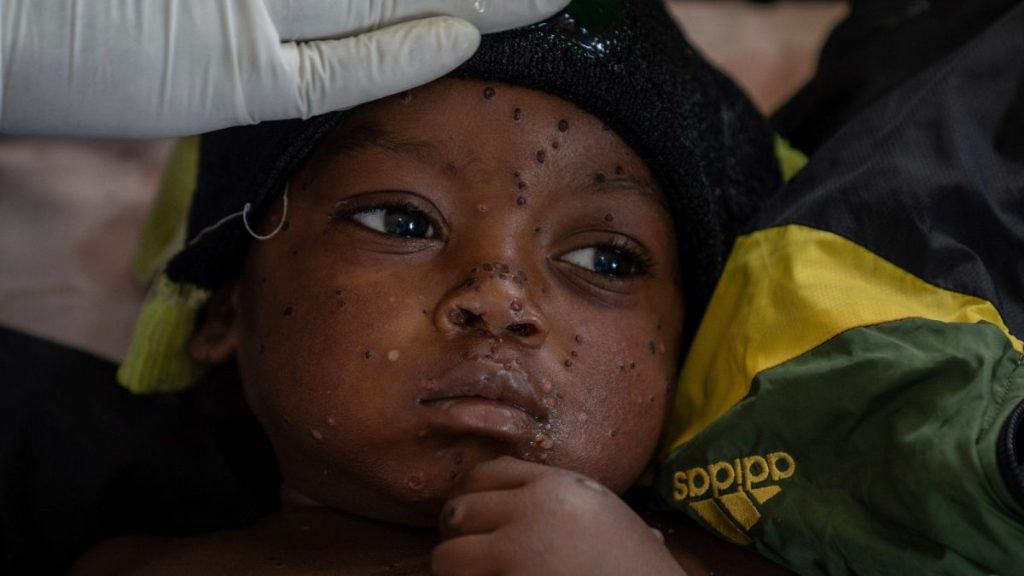Mpox, previously referred to as monkeypox, is a viral infection primarily transmitted through close contact with an infected individual. The World Health Organization (WHO) has highlighted the infection’s concerning nature, particularly in regions of Africa like the Democratic Republic of the Congo (DRC), Burundi, and Uganda. A recent situation report indicated that, while the overall trend of mpox cases appears to be rising, particularly in the DRC, the situation in South Kivu—where the most infectious variant was first identified this year—seems to be stabilizing. This variant rapidly spread among vulnerable populations, such as sex workers and miners. The WHO is planning an expert meeting to evaluate whether mpox continues to constitute an international health emergency, thereby underscoring the urgent need for heightened awareness and intervention.
Despite the plateau in certain areas, mpox remains a significant public health threat, particularly across Africa, where the WHO has reported over 46,000 cases and 1,081 deaths linked to the virus. In the DRC, where immunization campaigns have taken place, approximately 50,000 individuals have received vaccinations. However, health officials estimate a critical need for about 3 million vaccines to effectively control and contain the outbreak. The spread of the disease highlights the challenges of surveillance and testing, as the WHO has noted that testing for mpox is not yet widespread enough to fully understand the dynamics of the infection’s spread.
The situation in the UK adds another dimension to the mpox outbreak, with health authorities identifying the first instances of the more transmissible variant spreading beyond African borders. This was marked by one case in a traveler returning from Africa, alongside three household contacts now being treated in hospitals in London. This development raises alarms for public health officials, as it indicates the potential for localized outbreaks in regions previously considered safe from the virus.
In addition to the UK, Burundi has reported alarming trends, with approximately 200 new mpox cases emerging each week among both children and adults. This new variant appears to result in milder symptoms, complicating efforts to control its spread, as infected individuals may remain unaware of their condition. Uganda is also experiencing escalating cases, with about 100 new infections last week, predominantly among adults. The WHO has noted that in Uganda, the virus is primarily transmitted through sexual contact, highlighting a different transmission dynamic that requires tailored public health responses.
Efforts to mitigate the outbreak face several obstacles. Vaccine supply remains a pressing concern, with health authorities emphasizing the necessity of large-scale immunization campaigns to curb transmission. Communities in the affected regions would greatly benefit from additional education about the virus, its transmission, and preventive measures to protect themselves, particularly as misconceptions could contribute to further propagation of the disease.
In conclusion, the mpox outbreak presents complex challenges for public health systems across multiple countries, particularly in Africa. With rising case numbers and variable transmission dynamics, concerted efforts are needed to implement effective vaccination strategies, enhance testing capabilities, and create comprehensive public education campaigns. The WHO’s assessment of mpox as a potential international health emergency symbolizes the urgency surrounding the virus and the need for global attention and resources to address the ongoing threat effectively.














